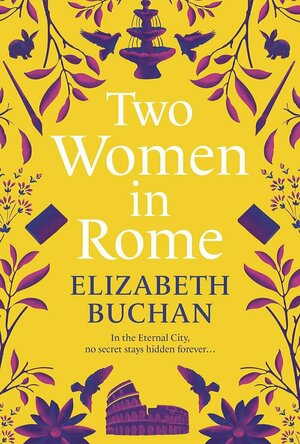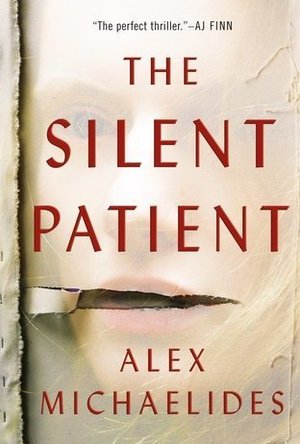
Rhapsodes: How 1940s Critics Changed American Film Culture
Book
Pauline Kael, Andrew Sarris, and Roger Ebert were three of America's most revered and widely read...
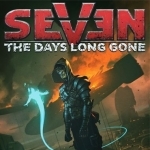
Seven: The Days Long Gone
Video Game Watch
If there’s one place that Master Thief Teriel avoids at all costs, it’s the prison island of...
action adventure role-playing
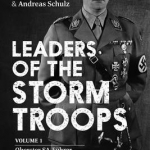
Leaders of the Storm Troops: Volume 1: Oberster SA-Fuhrer, SA-Stabschef and SA-Obergruppenfuhrer (B - J)
Andreas Schultz and Michael D. Miller
Book
How did an Austrian-born misfit who had never risen higher in military service than the rank of...

A Pact with Vichy: Angelo Tasca from Italian Socialism to French Collaboration
Book
Angelo Tasca, a pivotal figure in 20th-century Italian political history, and indeed European...
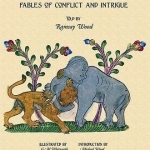
Kalila and Dimna: (From the Panchatantra, Jatakas, Bidpai, Kalilah and Dimnah and Lights of Canopus): v. 2: Fables of Conflict and Intrigue
Michael Wood, Ramsay Wood and Gillian Whitworth
Book
Kalila and Dimna or The Panchatantra (also known in Europe since 1483 as The Fables of Bidpai) is a...
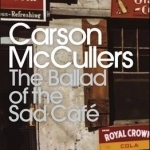
The Ballad of the Sad Cafe: Wunderkind; The Jockey; Madame Zilensky and the King of Finland; The Sojourner; A Domestic Dilemma; A Tree, A Rock, A Cloud
Book
Few writers have expressed loneliness, the need for human understanding and the search for love with...
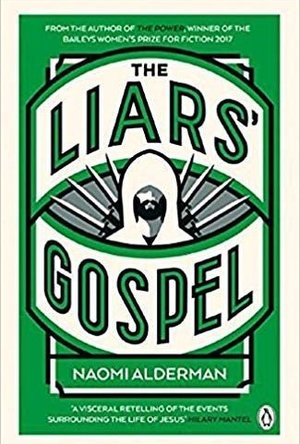
The Liars' Gospel
Book
Granta Best Young British Novelist 'A visceral retelling of the events surrounding the life of...
Illeana Douglas recommended Vagabond (1985) in Movies (curated)
ClareR (6086 KP) rated Two Women in Rome in Books
Jun 15, 2021
Lottie also finds Nina’s journal in her personal effects, and the more of it she reads, the more she wants to find out about her life.
I loved the details about Rome in both timelines - I’ve visited Rome and loved it. The strong female characters were also a big plus point for me. Lottie is a head archivist, she really knows what she’s doing and is confident in her abilities. Nina is also an assertive woman - she is often in new situations that many would find themselves floundering in (Ok, that sounds really vague, but I don’t want to give anything away!)
This is a book about secrets: about keeping them, and what happens when they are revealed - both good and bad. This isn’t a book that goes fast and hard in its revelations. Quite opposite in fact, and probably why I liked it so much. I love a well told story, and I really felt that I knew the women in this because of that feeling of not being rushed through the story.
There’s a fair amount of Italian politics in this, some of which I had never known about, so that was another plus point. I hadn’t realised that Italy had had quite such a tumultuous political life for so long after World War Two. The novel has a great mix of themes, actually: secrets, history, politics, life in Rome, betrayal, guilt. I think I’m becoming a bit of an Elizabeth Buchan fan because I really enjoyed her last book The Museum of Broken Promises, as well. Both books are set in Europe, with the aftereffects of great political upheavals, ostensibly going back to World War Two. This book is well worth reading - I’d definitely recommend it.
Many thanks to The Pigeonhole and NetGalley for my copy of this book.
BookInspector (124 KP) rated The Silent Patient in Books
Sep 24, 2020
The narrative of this book is very layered, complex, and discusses many issues. The characters are sharing their thoughts about the relationships with their family and their spouses, and how that effected their present personalities. The author creatively incorporated his Greek heritage into this story, filled with Greek Gods and other bits and pieces. The story doesn’t stay still for long periods of time, there are plenty of surprising twists and turns throughout this book and it was a real page turner to me. The author discussed a very wide variety of topics, such as a difficult relationship with parents; blind love for their spouses; drugs; mental health issues etc.
The setting of this book feels very mysterious, and I liked that there are multiple locations used in this novel. The writing style is creative, well crafted, but easy and pleasant to read. The chapters are pretty short, and due to suspense, the pages just flew by for me. I really liked the ending of the book, it rounded the story well but there are many unanswered questions, which left me unsettled.
So, to conclude, this is a very amusing story, filled with complex and unique characters, and a plot, soaked in love, grief and betrayal. I strongly recommend to read this story and find out, whether Theo succeeds in his quest to make Alice speak again or not. I hope you will enjoy it as much as I did

